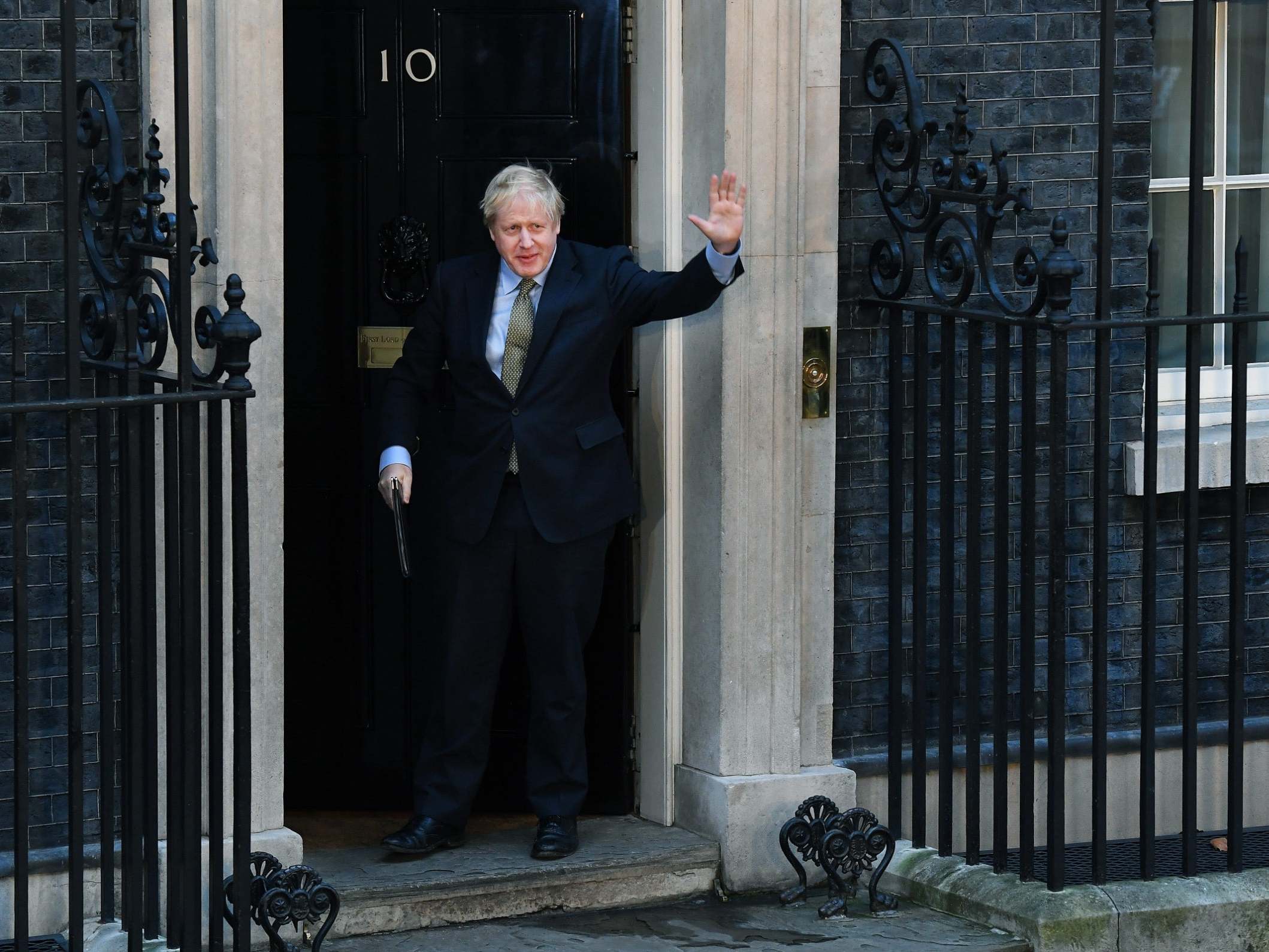What we learnt from an election that has changed British politics
John Rentoul takes a closer look at what we gleaned from Thursday night’s historic election


As the parties begin their own post-mortems of the election campaign – with the situation particularly bleak for Labour and the Lib Dems – there’s been no shortage of conclusions drawn in the immediate aftermath. Here’s what we’ve really learnt from an historic election that’s changed British politics:
Is there any evidence on why the Labour wall was breached?
Most Labour MPs and canvassers say there were two issues that came up on the doorstep again and again: Jeremy Corbyn and Brexit. They were both bad for Labour, especially in places that voted to leave the EU, but the polling evidence is that Corbyn’s leadership was more important in driving voters away. A Deltapoll survey of former Labour voters who were uncertain this time found 46 per cent gave “don’t like Jeremy Corbyn” as a reason, whereas only 19 per cent said “Brexit”. Some Labour people say the party needs a better salesperson to sell essentially popular policies; others say Corbyn’s policies were wrong.
Will Johnson have to give the SNP a referendum?
No is the constitutional answer, but the political answer may be a bit complicated. The Scottish government does not have the legal power to hold a new referendum on independence: the UK government has to grant it. Boris Johnson will refuse to do so, pointing out that the SNP won only 45 per cent of the vote in Scotland on Thursday (although Nicola Sturgeon could respond that he won only 44 per cent of the vote in the UK). The challenge for the SNP would be to demonstrate popular demand for independence by winning more than 50 per cent of the vote in the Scottish parliament elections in 2021 – but by then the UK will have left the EU and it may be harder to make the case for independence if it means having to apply to rejoin.
Will Johnson now edge back to the centre – and maybe even push back the Brexit deadline?
He certainly sounds like a centrist, talking about a new party, representing new voters, forming a “new government”. The emphasis on higher spending on public services seems positively Blairite, as does the promise to serve “the people”, especially those who have voted for him for the first time.
What is more, Boris Johnson is in command of the Europe issue. Having seen off Nigel Farage’s Brexit Party and won a big personal majority, he can shape Brexit as he wishes, without having to appease the wilder Eurosceptic fringes inside or outside the Tory party. Obviously, if he needs a longer transition period to give him time to negotiate a trade deal with the EU (and have it ratified by national and federal parliaments across the continent), he will break his promise not to ask for one – and a good thing too.
Did the polls get it wrong?
The polls were pretty accurate this time. The average of the final polls gave the Conservatives a 10-point lead, and they ended up 12 points ahead. Poll-watchers were thrown off slightly because the YouGov MRP poll, the huge seat-by-seat model that predicted a hung parliament last time was further out this time, projecting a Tory majority of 28 instead of 80. Such was the mystique around the YouGov MRP method that many people assumed – or hoped? – that, if the standard polls were wrong, they would overestimate the Tory lead. As it was, they slightly underestimated it, so the majority was bigger than most of the polls suggested. One pollster, Opinium, has already claimed to have “won” the election, although I think Survation was also very close.

What went wrong with tactical voting?
We will need some of Professor John Curtice’s high-powered statistical analysis to get an idea of how many people voted tactically – that is, for a candidate other than that of their first-preference party. Just because the Conservatives won a majority doesn’t mean tactical voting was ineffective – the majority might have been even larger without it.
Certainly, the Lib Dems failed to win any of their big-name targets, failing to elect Luciana Berger or Chuka Umunna, and failing to unseat Dominic Raab or John Redwood. And the former Conservatives standing as independents, Dominic Grieve, David Gauke, Anne Milton and so on, all failed to hold on to their seats. All the same, there were some huge gains in Lib Dem and independent votes: it is just that the surges were never enough.
And we should not forget that there was tactical voting on the Leave side as well: the Brexit Party stood down in all Tory-held seats, several candidates pulled out elsewhere as well, and in the end, many of its supporters ended up voting Tory.
Did the tactical voting sites get it wrong?
The competition between different tactical voting campaigns was sometimes confusing. In a small number of seats, different campaigns made different recommendations, but it was more disconcerting that there seemed to be some dramatic differences between the main tactical voting websites and the YouGov MRP poll, which also tried to project the likely outcomes in individual seats.
Even so, it was generally easier than ever for voters to find out the tactical situation in their seat, and a lot of tactical votes were cast – but tactical voting is only ever likely to be a minority pursuit.
Join our commenting forum
Join thought-provoking conversations, follow other Independent readers and see their replies
Comments
Bookmark popover
Removed from bookmarks